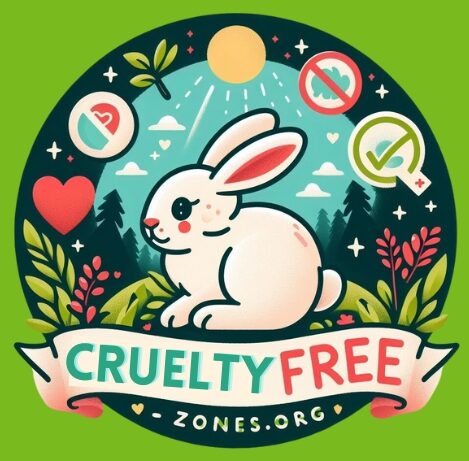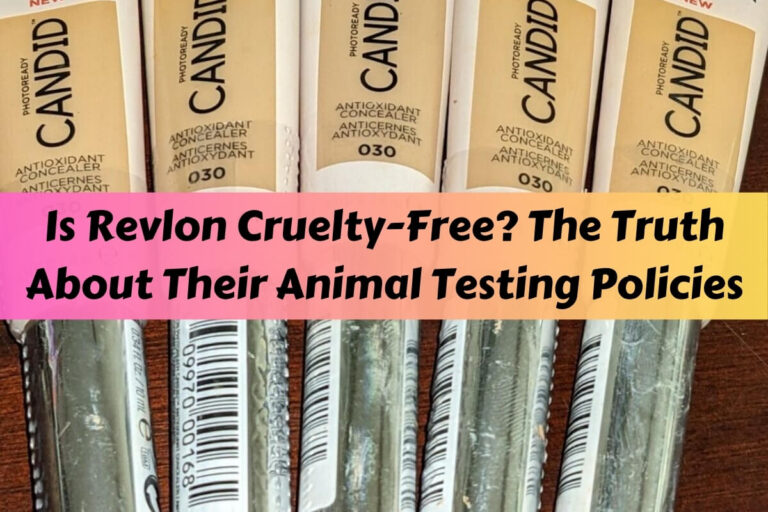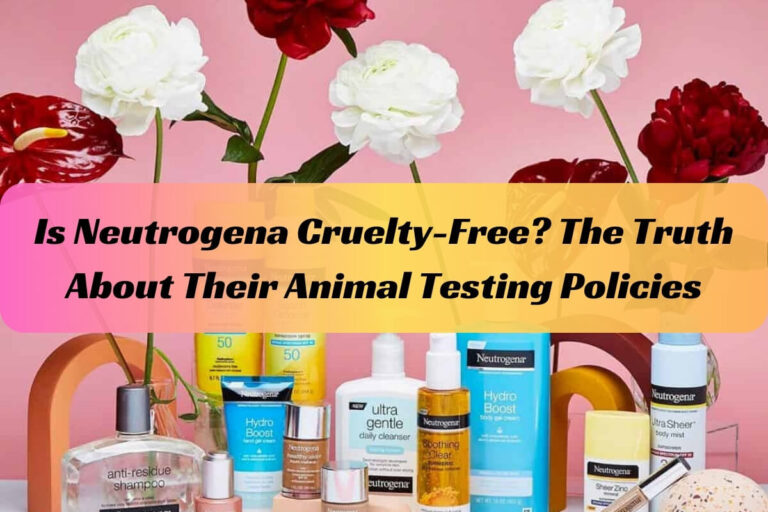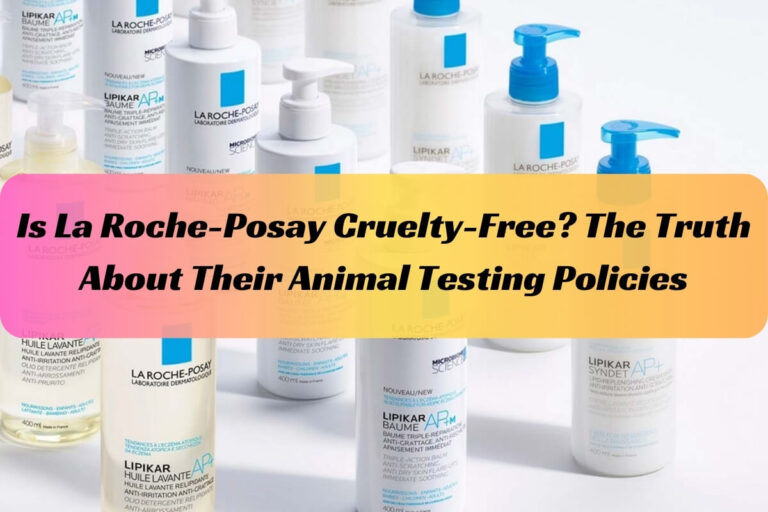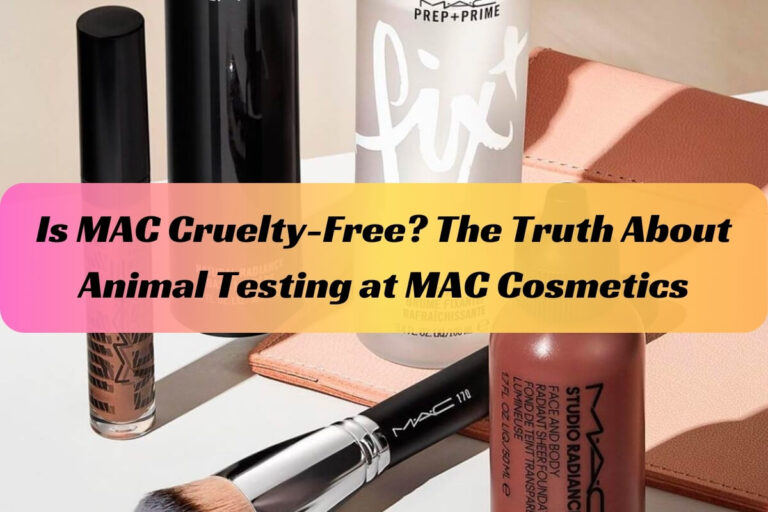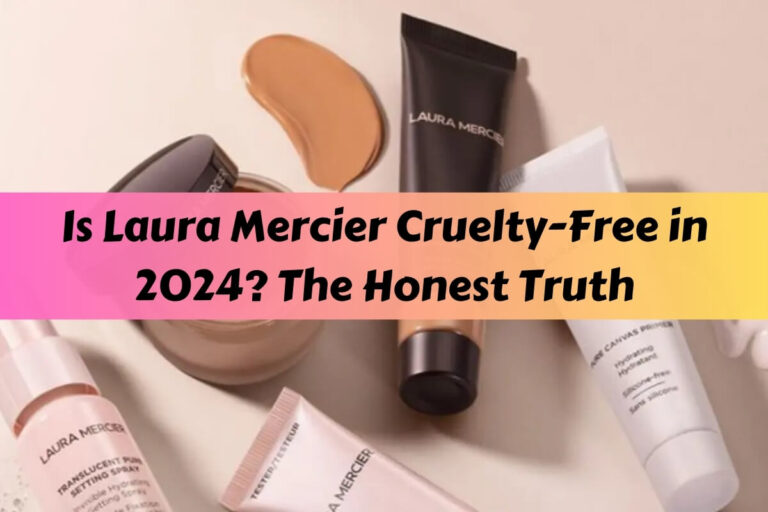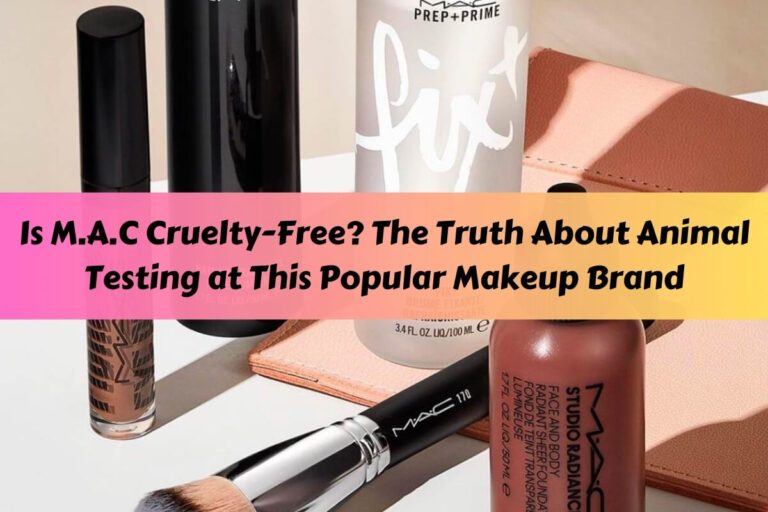Is L’Oreal Cruelty-Free in 2024? The Truth Revealed
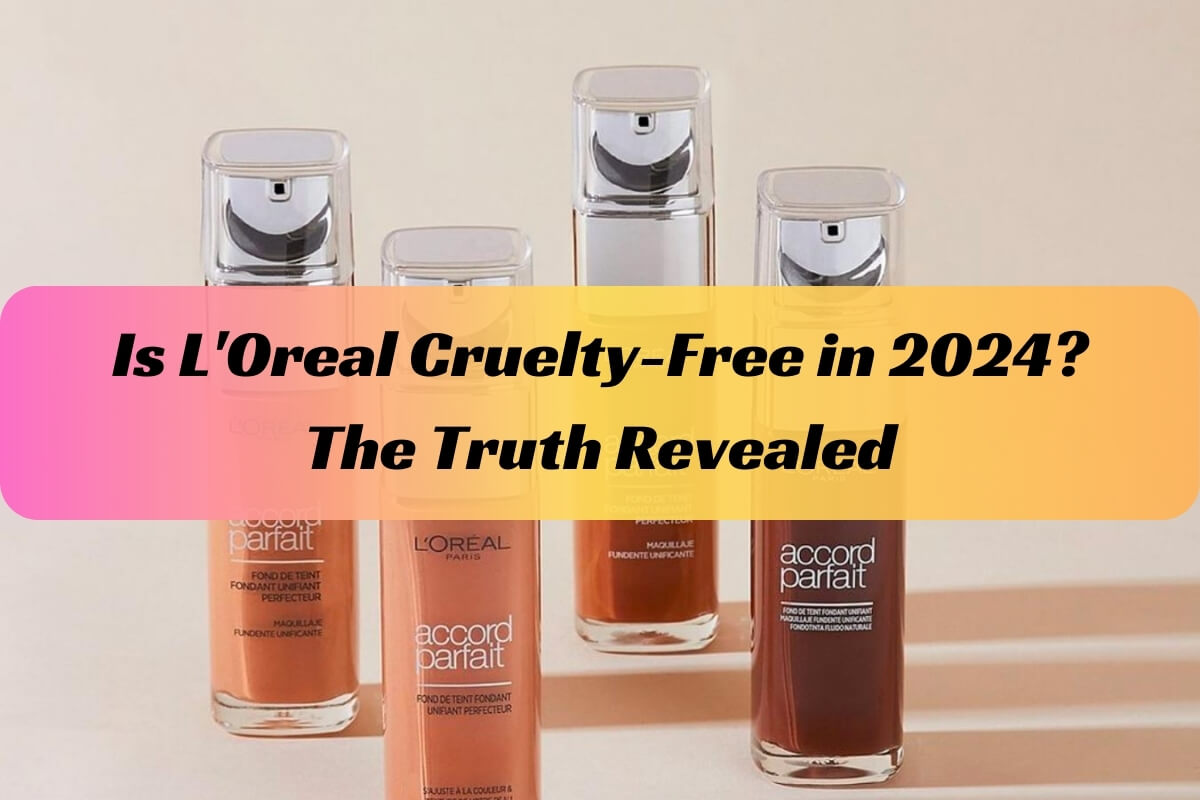
In today’s world, more and more people are becoming conscious about the products they use, especially when it comes to animal welfare. One of the major concerns for ethical consumers is whether the cosmetics and personal care products they buy are cruelty-free. This means that the products are not tested on animals at any stage of production, from ingredient formulation to finished product testing.
When it comes to L’Oreal, one of the largest cosmetics companies in the world, the question of whether they are cruelty-free or not has been a topic of debate for years. This guide examines L’Oreal’s animal testing practices and cruelty-free status. We’ll look at their policies on animal testing and explore if they truly qualify as a cruelty-free beauty brand.
We’ll cover the following topics:
- What does cruelty-free mean?
- L’Oreal’s official animal testing policy
- The brand’s relationship with China’s animal testing laws
- Certifications and third-party evaluations
- L’Oreal’s vegan product offerings
- Consumer perspectives and controversies
- Cruelty-free alternatives to L’Oreal
So, let’s get started!
What Does Cruelty-Free Mean?
Before we delve into L’Oreal’s specific policies and practices, it’s essential to understand what the term “cruelty-free” means in the beauty industry.
Cruelty-free beauty products are those that have not been tested on animals at any stage of their development or production. This includes testing for finished products, individual ingredients, or by third parties on behalf of the brand.
Cruelty-free and vegan are not the same. Vegan products are always cruelty-free, but a product can be cruelty-free without being vegan.
L’Oreal’s Animal Testing Policy
L’Oreal has long maintained that they do not test their products or ingredients on animals. The company claims to have been a pioneer in developing alternative testing methods that do not involve animals.
According to L’Oreal’s official website, they have developed “a very rigorous safety evaluation procedure of its products, backed by Research.” They state that they have been reconstructing human skin models in laboratories to conduct in-vitro safety tests since 1979, long before the question of animal testing was raised by regulatory bodies or civil society.
L’Oreal’s stance on animal testing is complicated by third-party testing and certain country laws.
L’Oreal and China’s Animal Testing Laws
One of the major points of contention regarding L’Oreal’s cruelty-free status is its presence in mainland China. China has strict laws that require animal testing for cosmetics products imported and sold in the country.
While L’Oreal claims to have been working with Chinese authorities and scientists for over a decade to have alternative testing methods recognized, the fact remains that their products sold in mainland China are subject to animal testing by third parties as required by law.
This caveat in L’Oreal’s policies has led many in the cruelty-free community to question whether the brand can truly be considered cruelty-free if it continues to sell its products in markets where animal testing is mandatory.
Certifications and Third-Party Evaluations
To help consumers identify truly cruelty-free brands, several organizations offer certification programs that validate a company’s animal testing policies and practices.
Two of the most well-known certifications are the Leaping Bunny Program, administered by the Coalition for Consumer Information on Cosmetics (CCIC), and PETA’s Beauty Without Bunnies Program.
Unfortunately, L’Oreal is not certified as cruelty-free by either of these organizations. PETA includes L’Oreal on its “do test” list, indicating that the brand engages in animal testing in some capacity.
Other third-party evaluations, such as those conducted by Cruelty-Free Kitty and Logical Harmony, have also concluded that L’Oreal cannot be considered a cruelty-free brand due to its policies regarding third-party testing and its presence in China.
Is L’Oreal Vegan?
L’Oreal’s vegan status is less debated, and the answer is clearer.
L’Oreal is not a fully vegan brand. While they offer some vegan products within their product lineup, many of their formulations contain animal-derived ingredients such as lanolin, beeswax, carmine, and collagen.
A product can be vegan but not cruelty-free if the brand tests on animals during production.
For ethical consumers who prioritize both cruelty-free and vegan practices, L’Oreal may not be the ideal choice.
Consumer Perspectives and Controversies
The debate surrounding L’Oreal’s cruelty-free status has been a contentious one within the ethical beauty community. While some consumers are willing to support the brand based on their commitment to developing alternative testing methods and their efforts to work with Chinese authorities, others take a stricter stance and boycott L’Oreal altogether due to their policies regarding third-party testing.
One of the main criticisms leveled against L’Oreal is the perceived lack of transparency and clarity in their communication around animal testing. Some consumers feel that the brand’s language is intentionally vague and misleading, downplaying their involvement in animal testing and shifting the blame to regulatory bodies or third parties.
L’Oreal’s acquisition of cruelty-free brands has sparked concerns about whether those brands will maintain their ethical standards.
Cruelty-Free Alternatives to L’Oreal
For consumers who prioritize cruelty-free and vegan beauty products, there are numerous alternative brands to consider.
In the skincare category, brands like Derma E, Youth to the People, and Glow Recipe offer a range of effective and ethically produced products. For makeup, options like Kosas, Merit, and Rose Inc. provide high-quality, cruelty-free, and vegan options across various product categories.
Many cruelty-free and vegan brands also prioritize clean beauty, avoiding harmful ingredients, and promoting sustainable sourcing.
Conclusion
So, is L’Oreal cruelty-free in 2024? The answer, unfortunately, is not a straightforward one.
While L’Oreal maintains that they do not test their products or ingredients on animals, their policies regarding third-party testing and their presence in markets like China, where animal testing is required by law, raise ethical concerns for many conscious consumers.
Whether to support L’Oreal depends on personal values and priorities. Some consumers may accept their efforts to develop alternative testing methods, while others may prefer certified cruelty-free and vegan brands.
For those who prioritize ethical and sustainable beauty practices, there are numerous cruelty-free and vegan alternatives available across various product categories and price points.
It’s crucial to stay informed, research, and make choices that align with your values and ethics. The beauty industry is constantly evolving, and consumer demand for cruelty-free and vegan products continues to grow, driving brands to reevaluate their practices and policies.
